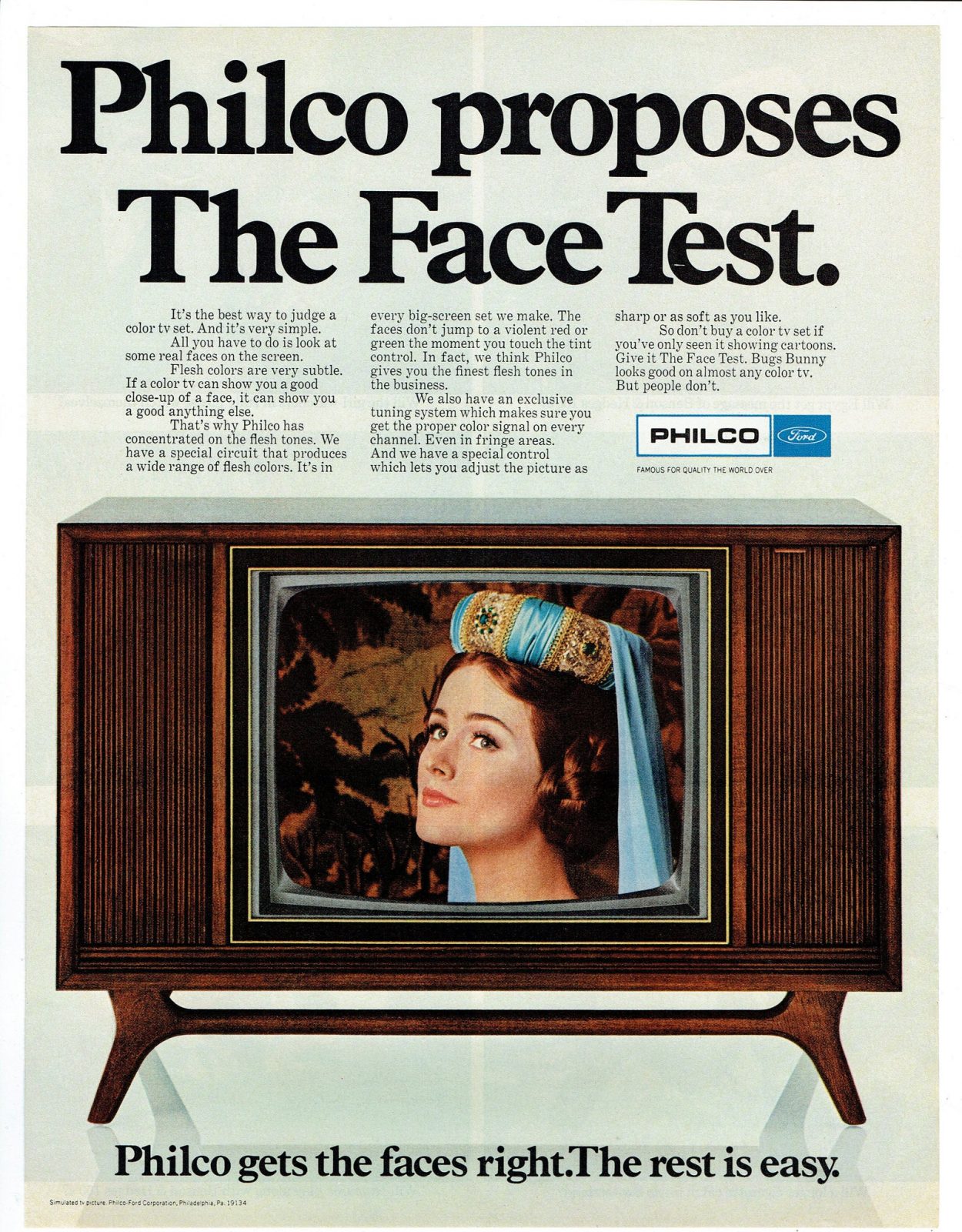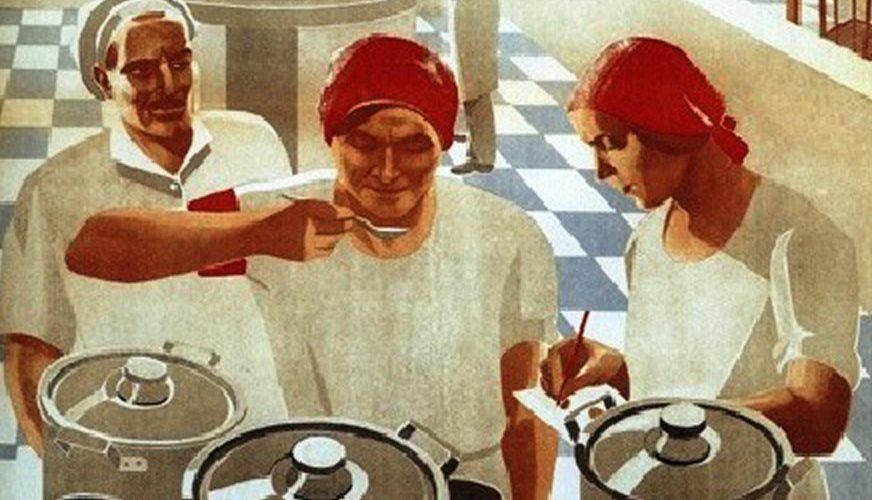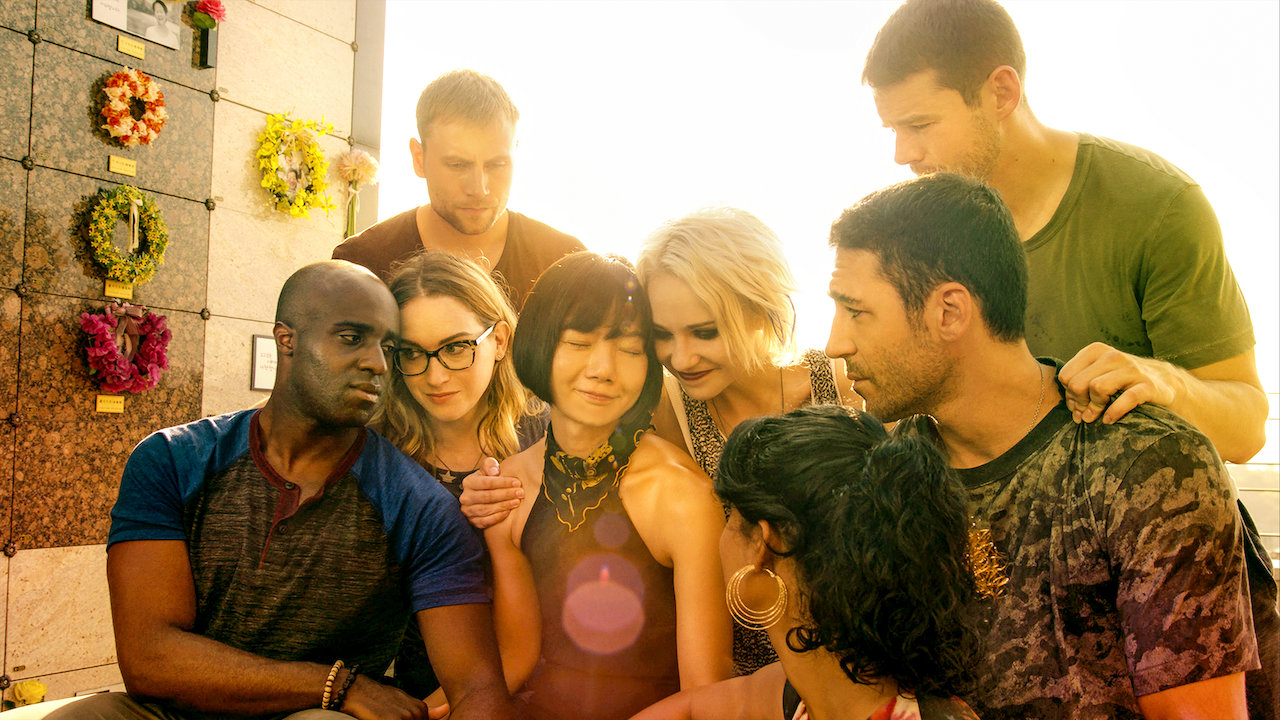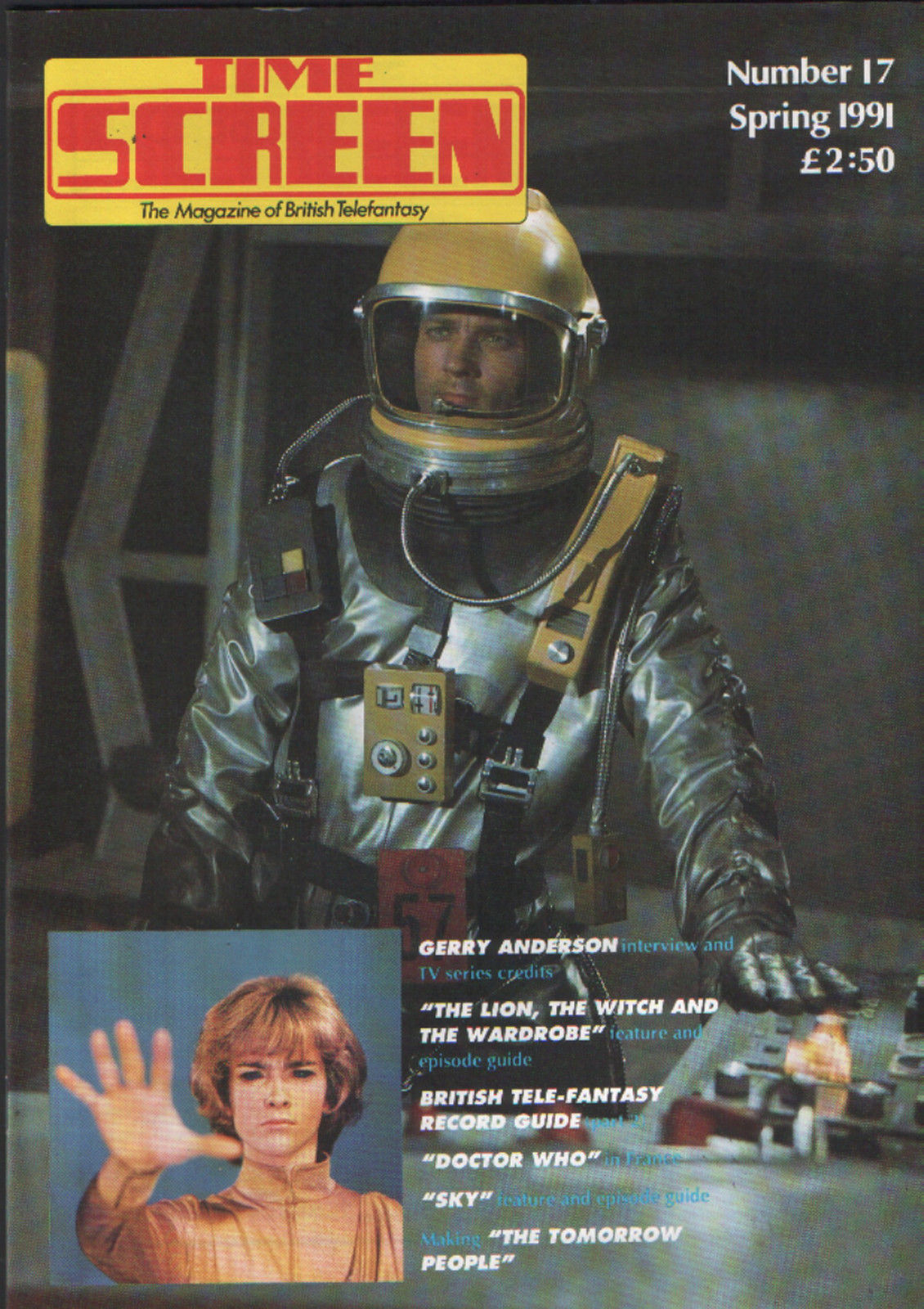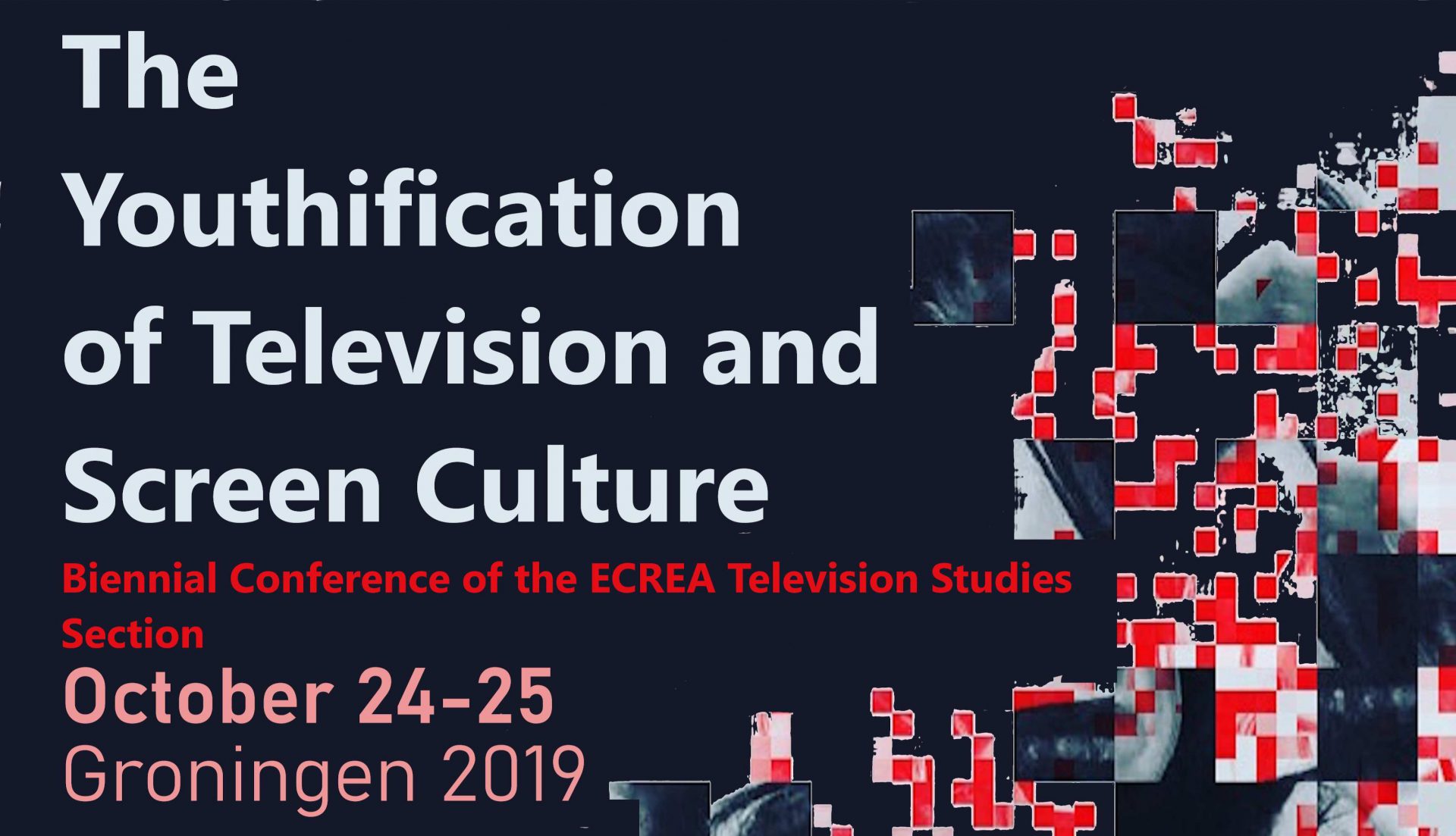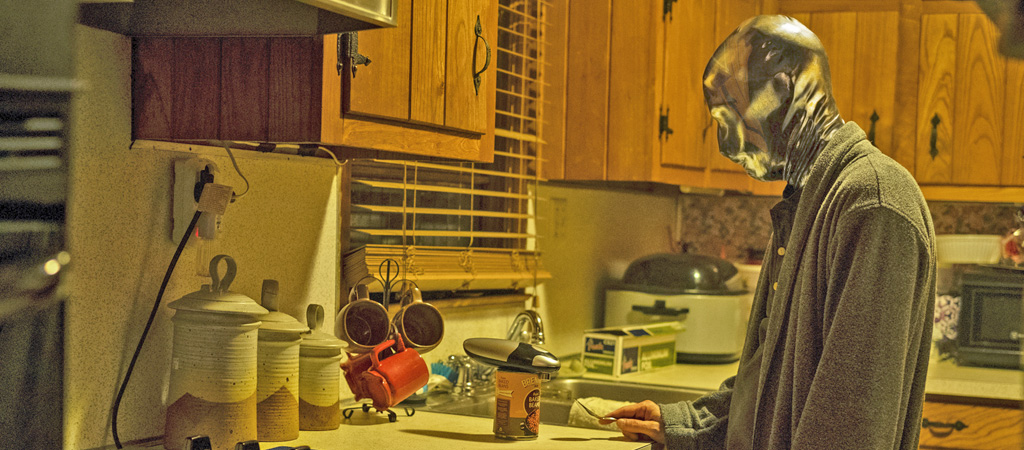
We are seeking proposals for chapters to complete an edited collection on morality and ethics on/through television. The essays will address TV dramas and comedies aired during the Golden Age of TV, continuing through peak and prestige TV. An editor at Lexington Books, a division of Rowman & Littlefield, has expressed interest in this project.
